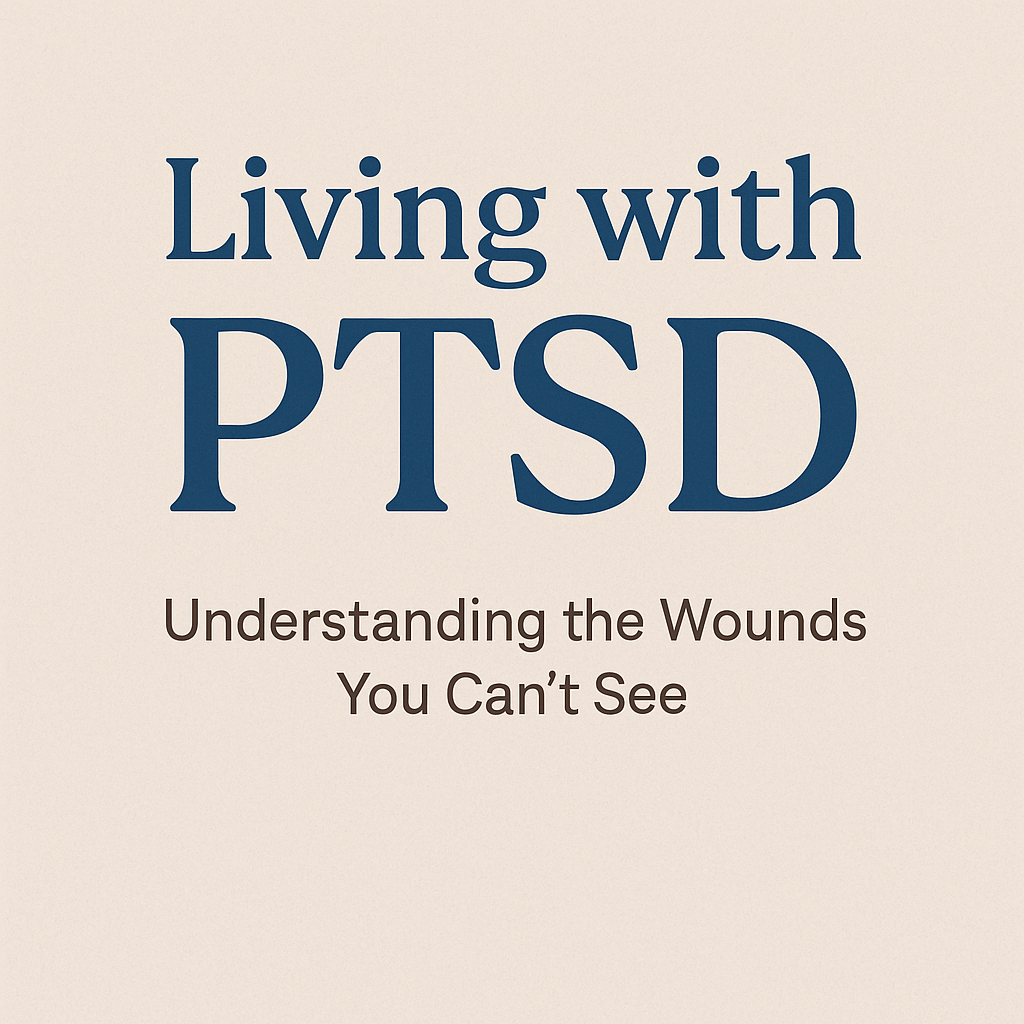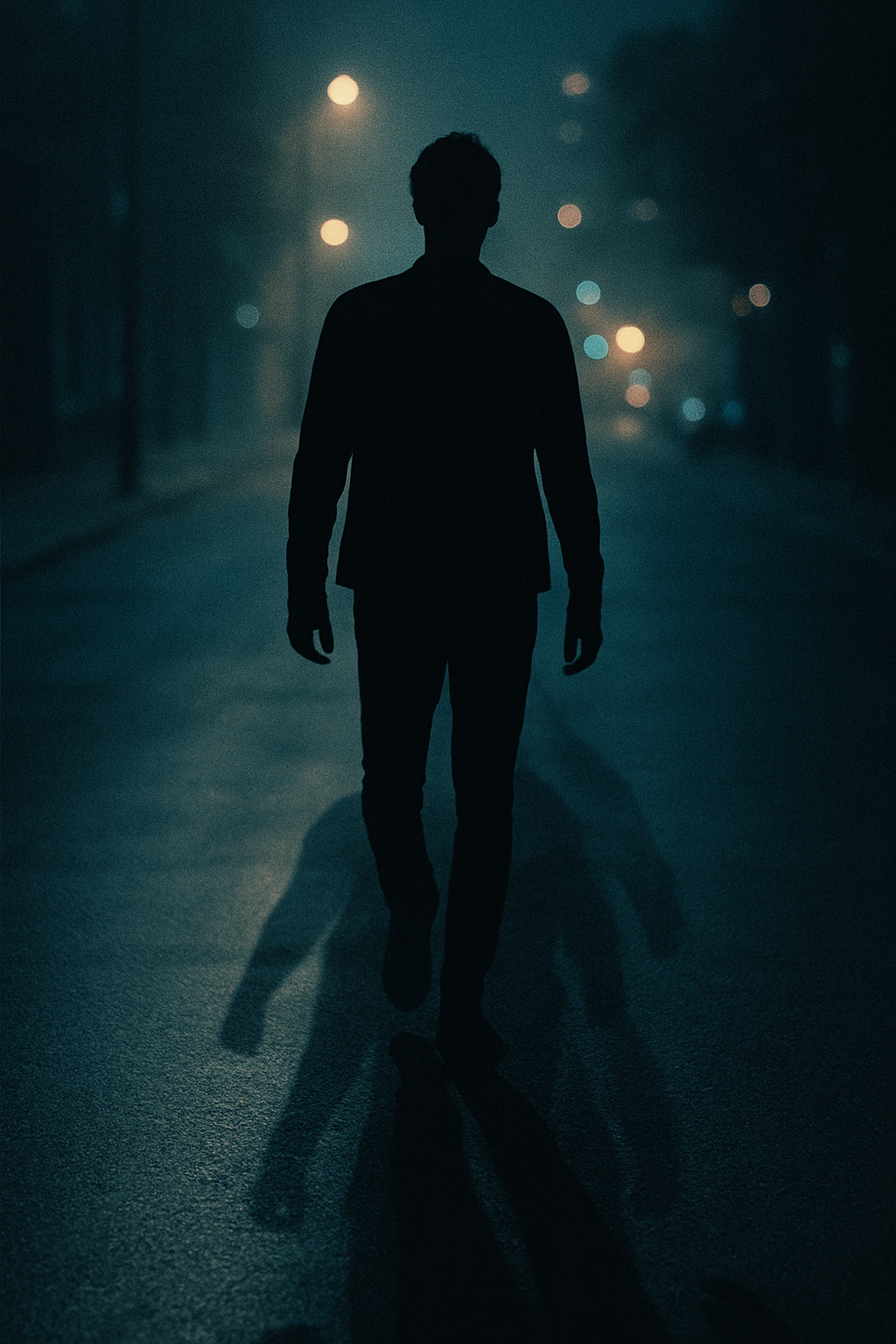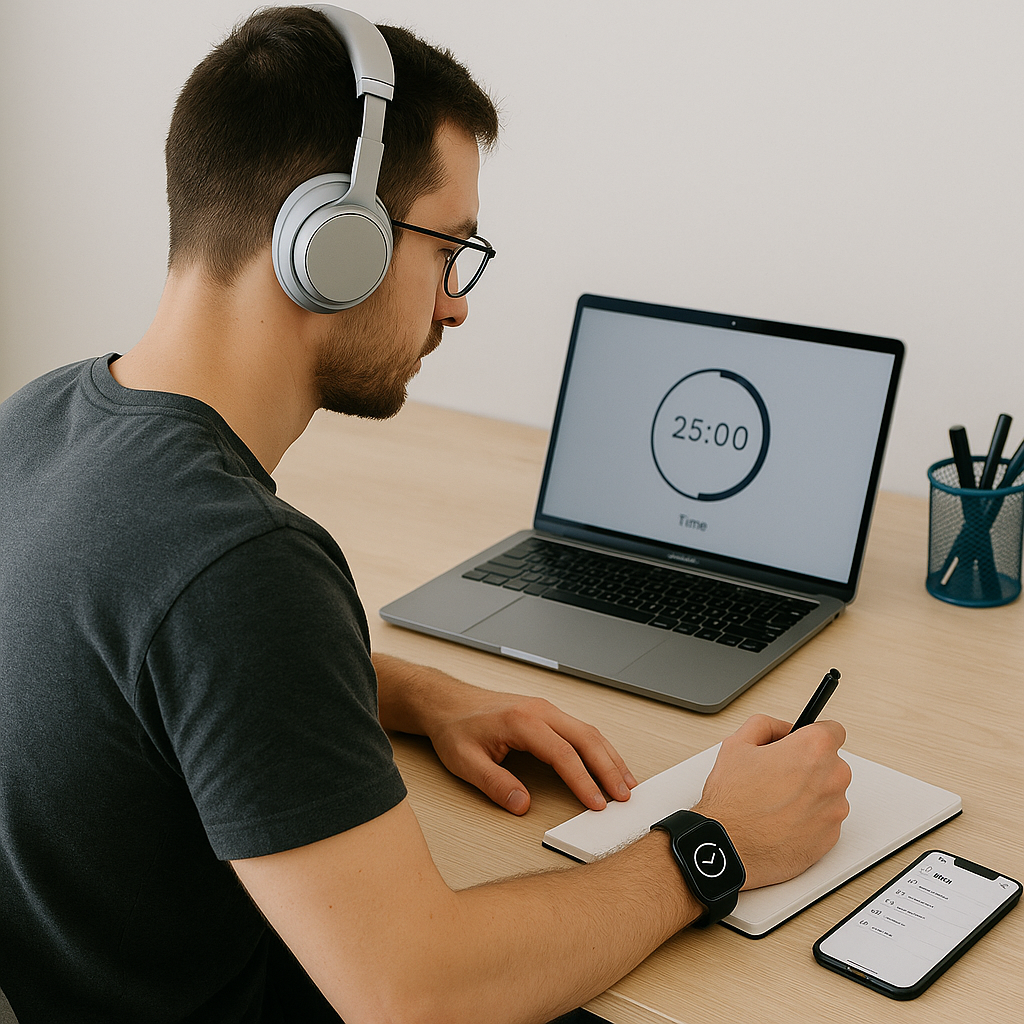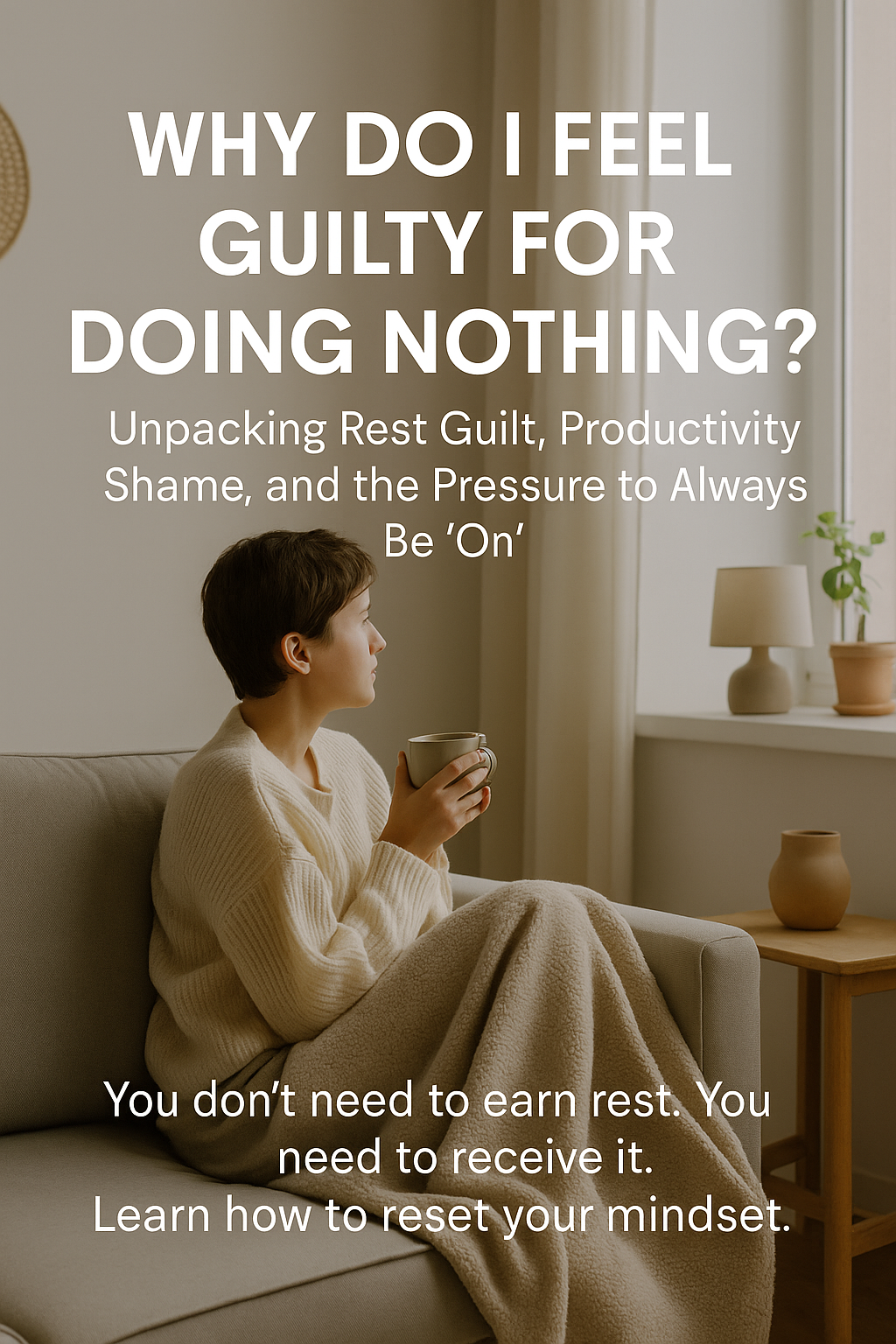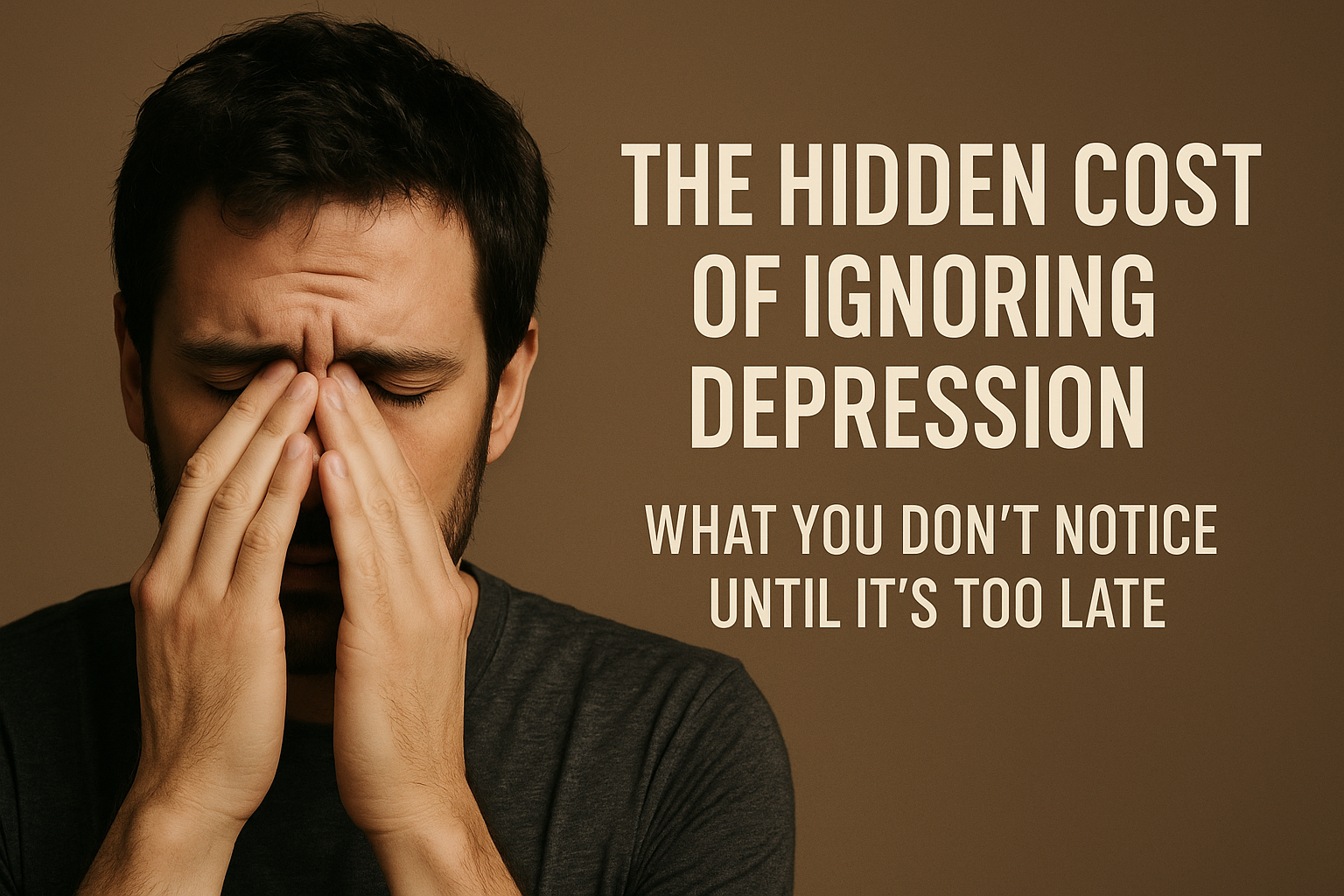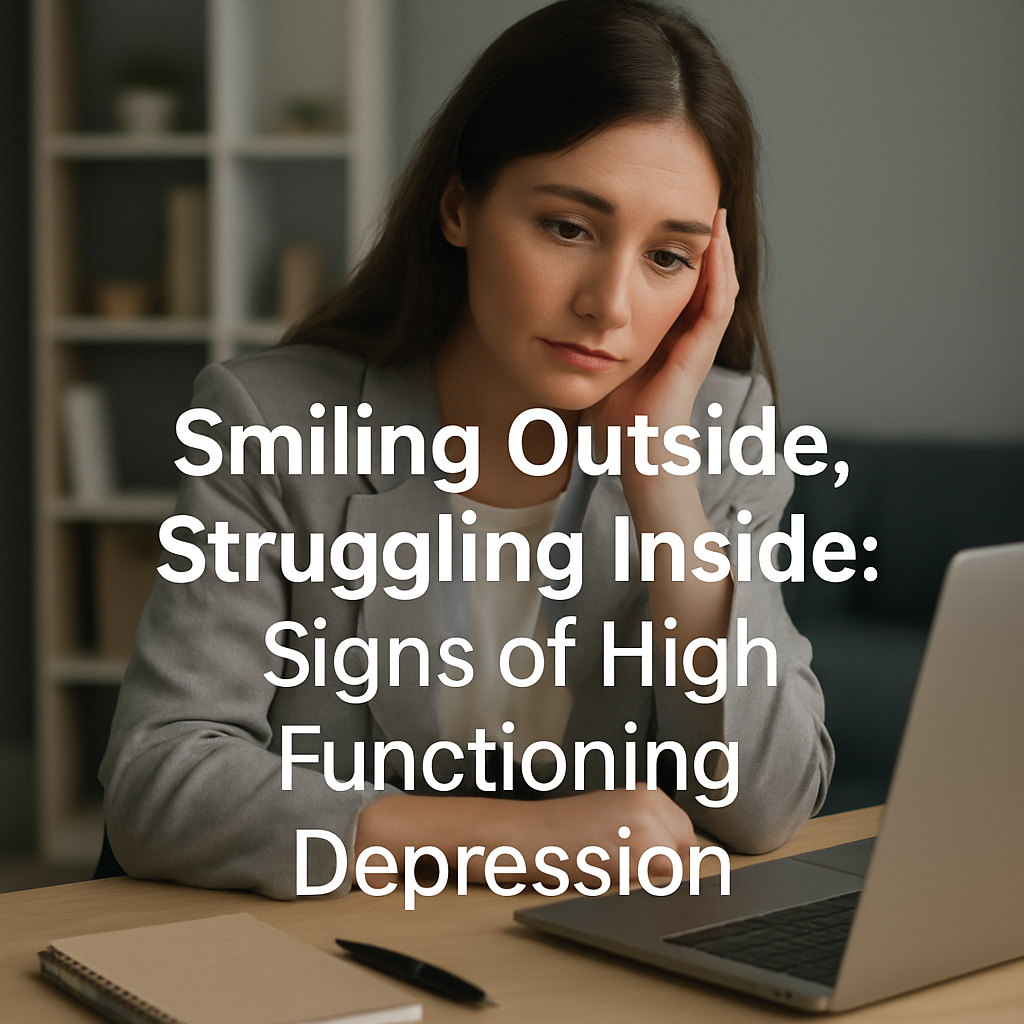DTDF Essentials | Mental Health Meets Clarity and Compassion
Post-Traumatic Stress Disorder (PTSD) isn’t always loud. It’s not always the flashbacks you see in movies or the combat scenes people often associate it with. Sometimes, PTSD is quiet. It shows up as constant tension in your body, an unexplained fear of certain places, or a sudden shutdown when someone raises their voice.
At DTDF Essentials, we believe every story matters—especially the ones hidden behind strength, silence, or shame. This article is for anyone who’s been through trauma and is trying to make sense of the aftershocks.
PTSD is a mental health condition triggered by experiencing or witnessing a traumatic event. That event doesn’t have to be war or violence it could be a car accident, emotional abuse, medical trauma, assault, a natural disaster, or even the sudden loss of a loved one.
Trauma looks different for everyone. What breaks one person may not faze another and that’s okay. PTSD isn’t a weakness. It’s your brain doing its best to protect you, even when the danger has passed.
Trauma rewires the brain. The amygdala (your fear center) becomes hyperactive. The hippocampus (which processes memories) can become overwhelmed, leading to flashbacks or difficulty placing events in time. The prefrontal cortex, responsible for reasoning, may go offline during a stress response making it hard to think clearly or regulate emotions.
It’s not all in your head. It’s in your nervous system, your hormones, your sleep cycles. PTSD is physical, emotional, and psychological.
Common Symptoms of PTSD
While everyone’s experience is unique, here are some common signs:
-
Intrusive memories or flashbacks
-
Avoidance of people, places, or conversations that remind you of the trauma
-
Nightmares or poor sleep
-
Feeling on edge or easily startled
-
Irritability or emotional numbness
-
Guilt, shame, or self-blame
-
Difficulty concentrating or trusting others
Some people develop Complex PTSD (C-PTSD) from ongoing trauma, such as childhood abuse or repeated neglect. This form often includes deep shame, identity issues, and struggles with relationships.
Healing from PTSD: What Actually Helps
Healing isn’t about “getting over it.” It’s about learning how to live with what happened in a way that no longer controls you. Here’s what we’ve found helpful:
1. Trauma-Informed Therapy
Therapies like Cognitive Processing Therapy (CPT), Eye Movement Desensitization and Reprocessing (EMDR), and Somatic Experiencing are effective for trauma. The right therapist creates a safe space for you to unpack the trauma at your pace.
DTDF Tip: You don’t have to share every detail of your trauma for healing to begin.
2. Grounding Techniques
PTSD can make you feel like you’re not in your body. Grounding helps bring you back. Try:
-
5-4-3-2-1 sensory exercise
-
Holding an ice cube
-
Deep belly breathing
-
Journaling what you see and feel
3. Supportive Technology
Smart gadgets like Apollo Neuro or Muse headbands help regulate the nervous system. Sleep trackers can help monitor disrupted rest. Meditation apps with trauma-informed content (e.g., Insight Timer, Aura) can gently reintroduce calm.
Technology is a tool—not a cure. But the right tool can be a bridge to better days.
4. Safe Community
Isolation can deepen PTSD symptoms. Whether it’s a support group, a faith-based circle, or a trusted friend who just listens connection is healing. You don’t have to carry it alone.
What Doesn’t Help
-
Toxic positivity (“Just think happy thoughts.”)
-
Forcing yourself to talk before you’re ready
-
Avoiding all reminders forever (Avoidance reinforces fear)
-
Self-medication (alcohol, drugs, or unsafe behaviors)
-
Being told to “get over it”
These responses often invalidate your pain. Healing requires acknowledgment, not denial.
DTDF’s Final Word
PTSD is the scar tissue of the soul. You may not see it in the mirror, but it’s real. You are not broken. You are someone who survived something your body and mind weren’t built to handle alone.
At DTDF Essentials, we honour your experience, and we believe in your healing. Whether you’re just realizing something isn’t right or you’re deep in recovery we see you.
This journey may take time, but every step forward is sacred. Let’s keep walking it together.
👉 Download the Free Toolkit Resource: “PTSD Grounding Tools You Can Use Anywhere”
